New Zealand Prime Minister Christopher Luxon said the country is facing an “energy security crisis”.
 |
| New Zealand Prime Minister Christopher Luxon. (Source: RZN) |
In response to the potential energy security crisis, New Zealand has introduced a series of measures to enhance energy security and affordability, including reviewing the performance of the electricity market and lifting the ban on oil and gas exploration.
Prime Minister Luxon's government will also pass legislation to allow the construction of Liquefied Natural Gas (LNG) import facilities and improve electricity market regulations. Prime Minister Christopher Luxon stressed the need to invest in energy sources such as solar, wind, geothermal and natural gas to reduce the use of coal, which is a high-emissions source.
“The fundamental problem is less gas means more coal. More coal means higher emissions because coal is twice as carbon-intensive as natural gas for the same amount of energy,” Mr Luxon said. “New Zealand can have abundant and affordable energy if we clear the obstacles and promote investment in solar, wind, geothermal, natural gas and all the things that are needed to keep New Zealand running.”
Echoing Prime Minister Luxon’s sentiments, Energy Minister Simeon Brown and Resources Minister Shane Jones also stressed the importance of a reliable and plentiful energy supply to support New Zealand’s economy and industries. New Zealand is blessed with abundant energy resources, adding that “Natural gas has attracted new industries to our region, created good jobs in our regions, and powered the manufacturing, production and export businesses that are the backbone of our economy.”
However, the measures proposed by Prime Minister Luxon and some members of his cabinet have been criticized by opposition parties such as Labour and the Greens. Labour leader Chris Hipkins said the Coalition government was ignoring climate change and returning to fossil fuels, while the Greens warned that investing in fossil fuels would pose a major risk to the country's sustainable energy future.
The government is also reviewing the market regulation regime to ensure competitive and affordable prices and promote investment in renewable energy. A number of regulatory reforms are being proposed to reduce the cost and time of permitting renewable energy projects, along with preparing policy adjustments to support offshore renewable energy production.
While the government’s moves are expected to bring stability and efficiency in the long term, they have also been met with opposition from opposition parties and environmental groups. The decisions will shape the future of New Zealand’s energy sector, with a focus on balancing current energy needs with a commitment to reducing emissions to tackle climate change.
The New Zealand Government has made the “island energy crisis” a priority because it affects economic security, social stability and its commitment to reducing greenhouse gas emissions. The energy crisis threatens supply stability, increases energy prices and harms the environment, hampering New Zealand’s sustainability goals.
Source: https://baoquocte.vn/new-zealand-va-nguy-co-khung-hoang-an-ninh-nang-luong-284087.html







![[Photo] Cutting hills to make way for people to travel on route 14E that suffered landslides](https://vphoto.vietnam.vn/thumb/1200x675/vietnam/resource/IMAGE/2025/11/08/1762599969318_ndo_br_thiet-ke-chua-co-ten-2025-11-08t154639923-png.webp)
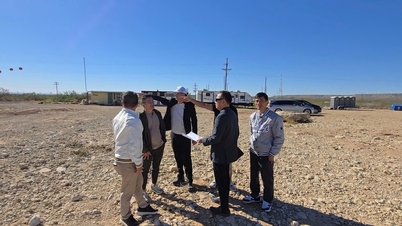





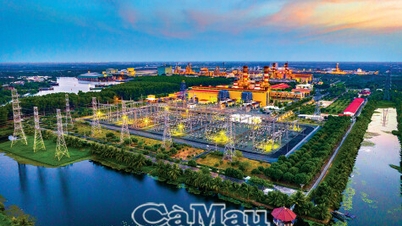












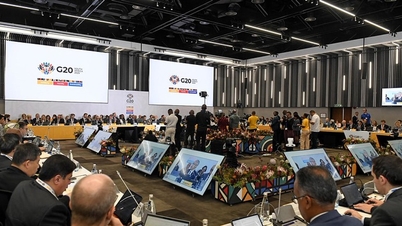









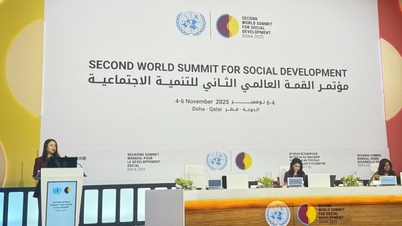
![[Photo] "Ship graveyard" on Xuan Dai Bay](https://vphoto.vietnam.vn/thumb/1200x675/vietnam/resource/IMAGE/2025/11/08/1762577162805_ndo_br_tb5-jpg.webp)








![[Video] Hue Monuments reopen to welcome visitors](https://vphoto.vietnam.vn/thumb/402x226/vietnam/resource/IMAGE/2025/11/05/1762301089171_dung01-05-43-09still013-jpg.webp)






























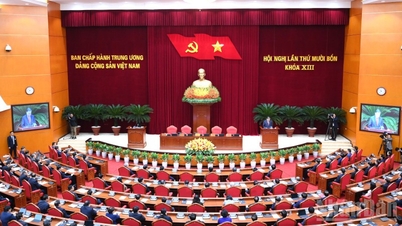



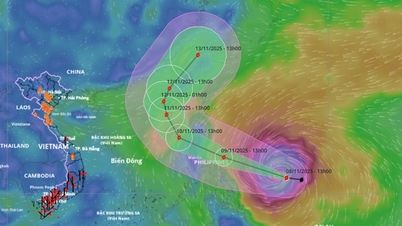













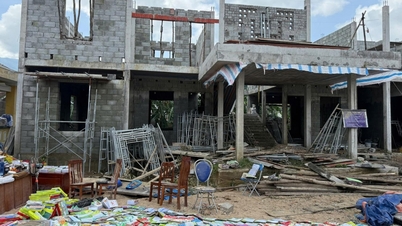




















Comment (0)